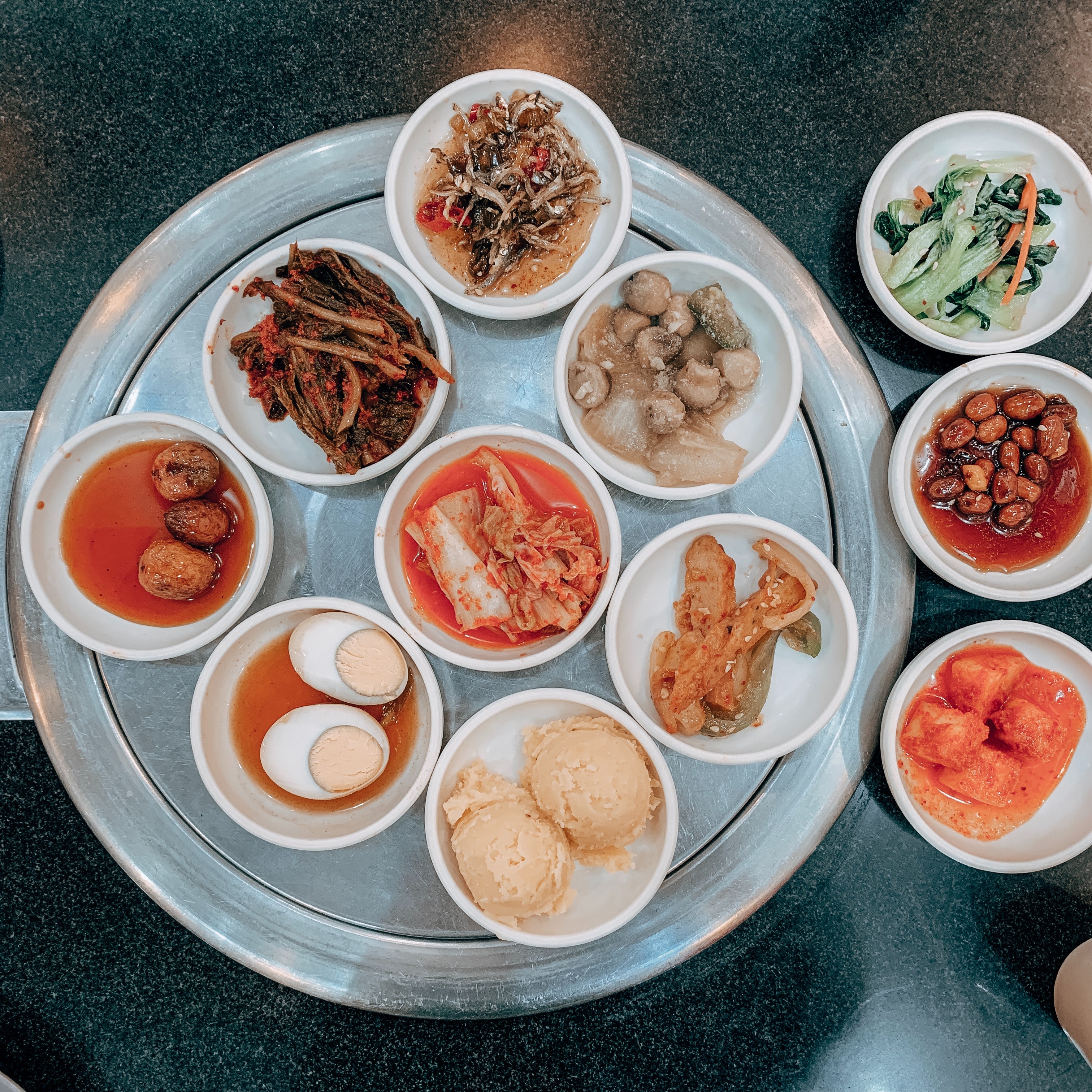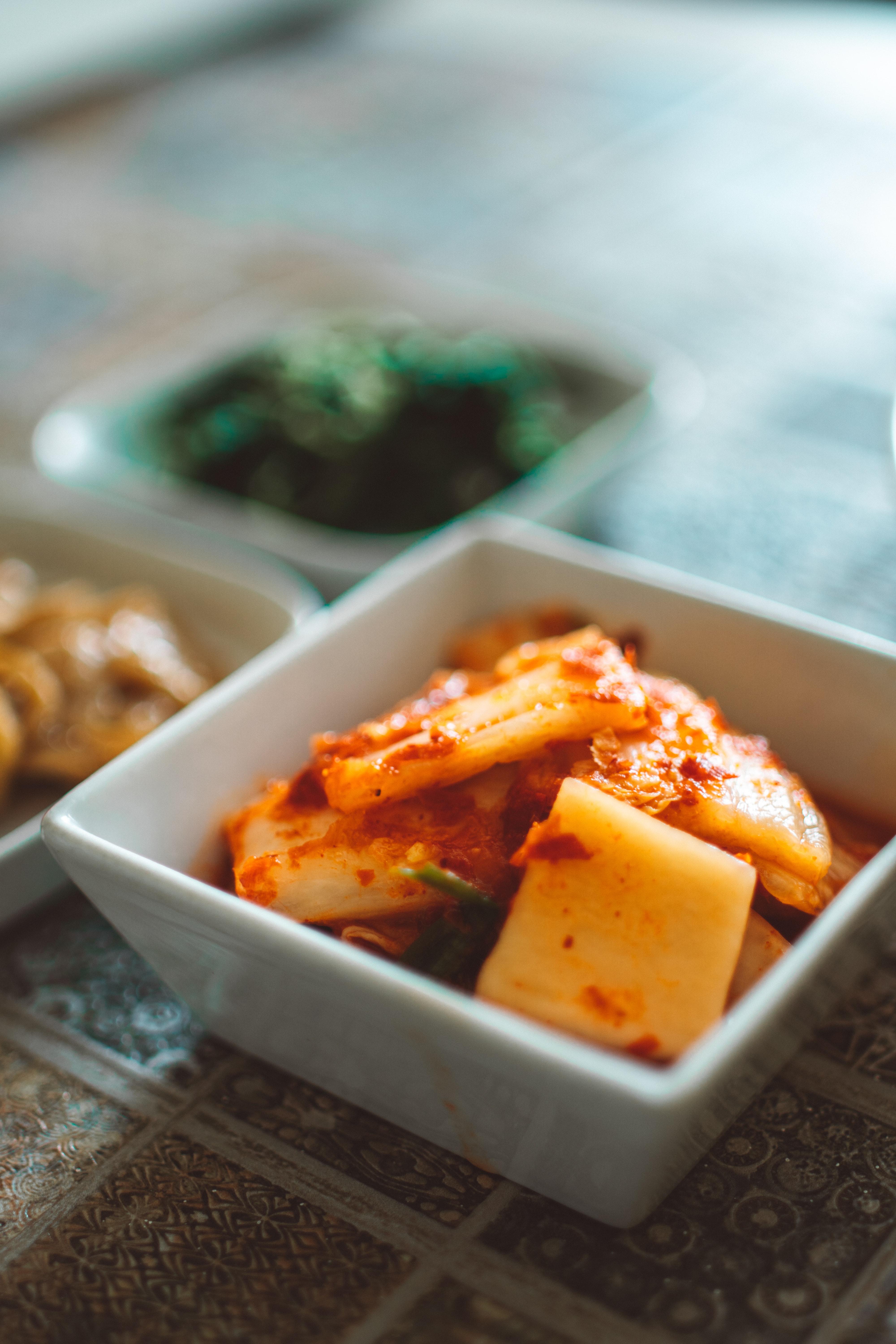Korean cuisine has a rich history that is deeply rooted in the country's geography, culture, and traditions and has evolved over time to become a unique and beloved culinary tradition, despite the many changes that have occurred over the centuries, it continues to be enjoyed by people all over the world.

Introduction
Korean cuisine, also known as "K-food," has a rich history that is deeply rooted in the country's geography, culture, and traditions. From the simple, rustic dishes of the past to the modern, sophisticated creations of today, Korean food has evolved over thousands of years to become a unique and beloved culinary tradition. In this article, we will explore the history of Korean cuisine and how it has developed over time.
Early Korean Cuisine
In ancient times, Korea was primarily an agricultural society, with most people living in rural areas and subsisting on a diet of rice, vegetables, and seafood. The main staple food was rice, which was grown in abundance and formed the basis of many dishes. Other common ingredients included soybeans, red pepper, garlic, and ginger.
During the Three Kingdoms period (57 BCE to 668 CE), the Korean peninsula was divided into three separate kingdoms: Goguryeo, Baekje, and Silla. Each kingdom had its own unique culinary traditions, but they all shared a common love for grilled meats and seafood. Grilled meats, such as beef, pork, and chicken, were often marinated in a mixture of soy sauce, garlic, and ginger before being cooked over an open flame. Seafood was also a popular ingredient, with fish and shellfish being caught in the nearby waters and used in a variety of dishes.

The Influence of Buddhism
In the 4th century CE, Buddhism was introduced to Korea from China, and it quickly spread throughout the country. This had a major impact on Korean cuisine, as many Buddhist monks were vegetarians, and this dietary restriction was adopted by many of the common people. As a result, a wide variety of vegetarian dishes were developed, such as bibimbap, a rice dish topped with vegetables and a spicy chili sauce.
The Joseon Dynasty
The Joseon dynasty (1392-1910) was a time of great cultural and culinary change in Korea. The royal court developed a sophisticated cuisine that was heavily influenced by Chinese culinary traditions. Dishes were often served in small, delicate portions and were highly decorative, with an emphasis on color, texture, and presentation.
During this time, the royal court also developed a system of royal kitchens, which were responsible for preparing food for the king and his courtiers. These kitchens employed a large number of skilled cooks and specialized in creating complex dishes using the finest ingredients.

The Modern Era
In the 20th century, Korea underwent rapid modernization and industrialization. This had a significant impact on Korean cuisine, as people began to adopt a more Westernized diet. However, many traditional dishes and culinary techniques were still passed down from generation to generation, and Korean cuisine has managed to maintain its unique identity.
Today, Korean food is enjoyed all over the world, with Korean restaurants and Korean-inspired dishes becoming increasingly popular in many countries. K-food has become a global phenomenon, and its popularity continues to grow.
Conclusion
Korean cuisine has a rich history that spans thousands of years. From the simple, rustic dishes of the past to the modern, sophisticated creations of today, Korean food has evolved over time to become a unique and beloved culinary tradition. Despite the many changes that have occurred over the centuries, Korean cuisine has managed to maintain its unique identity and continues to be enjoyed by people all over the world.
'Korean food culture' 카테고리의 다른 글
| The Many Uses of Gochujang: A Korean Chili Paste (0) | 2023.01.29 |
|---|---|
| The Health Benefits of Korean Food (0) | 2023.01.29 |
| The Role of Kimchi in Korean Cuisine (0) | 2023.01.29 |
| Korean Royal Cuisine: A Look at Traditional Dishes (0) | 2023.01.29 |
| Korean Street Food: A Guide to the Best Snacks (0) | 2023.01.29 |




댓글